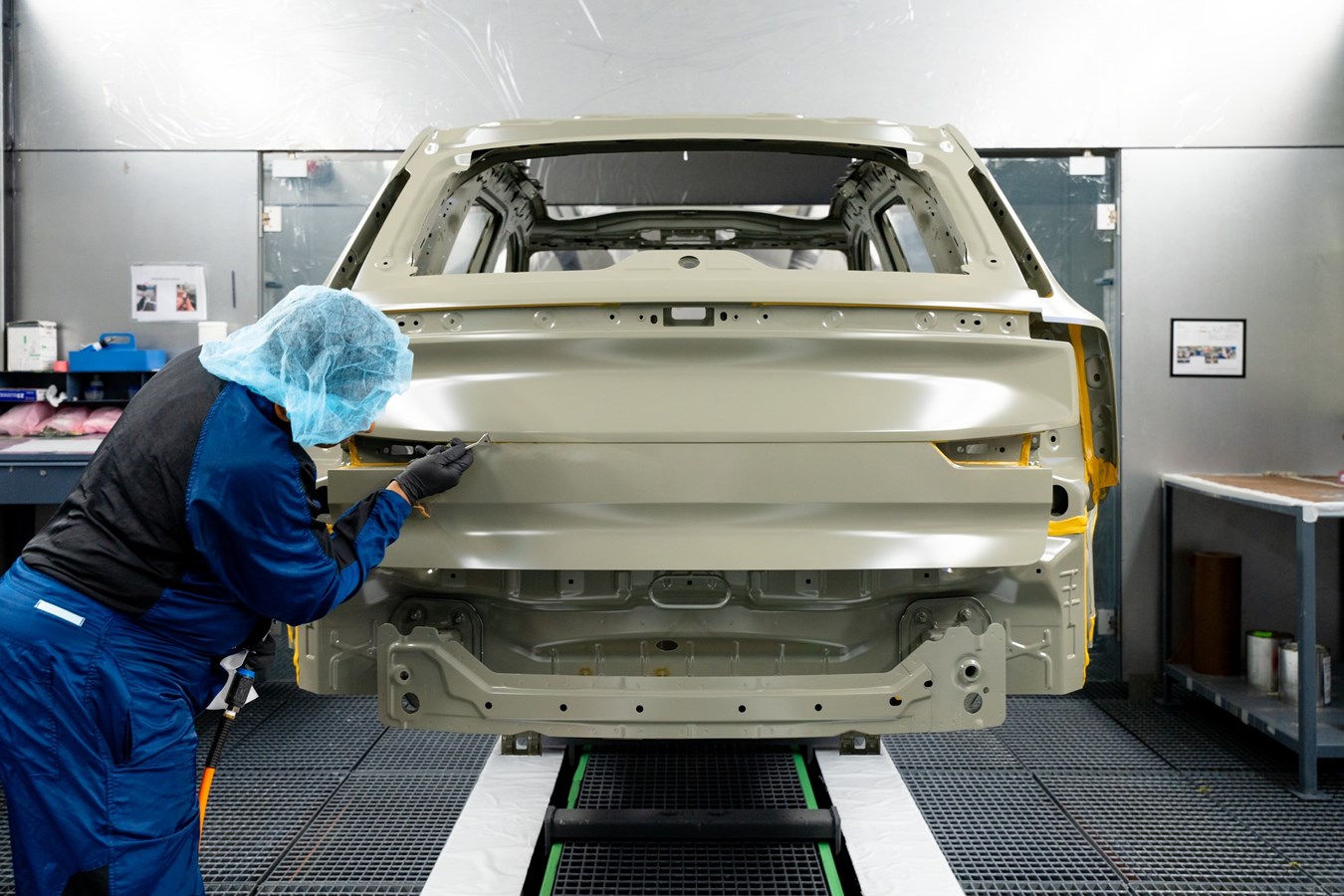Volvo as initiated the transfer of manufacturing for Chinese-made electric vehicles (EVs) to Belgium as the European Union (EU) prepares to impose tariffs on China-made EVs, according to a report by The Times.
The automaker is relocating production of its EX30 and EX90 models to Belgium, with the possibility of moving assembly of some Volvo models intended for the UK, the report stated, citing anonymous sources.
Volvo, owned by Geely, is viewed as particularly vulnerable among western automakers to potential tariffs, the Times noted.
Trade tensions between the EU and China have led to a series of anti-dumping investigations against Beijing over allegations of unfair subsidies.
The EU is expected to announce to EV manufacturers in China as soon as next week whether it will impose provisional tariffs starting July 4, which would increase import duties beyond the current 10 percent.
In response, China has accused the EU of seeking to “suppress” Chinese companies and has signaled readiness to impose retaliatory duties on EU-made vehicles with large engines, a move that would predominantly impact Germany’s Mercedes-Benz AG, Porsche AG, and BMW AG.
Meanwhile, Turkey has announced plans to raise tariffs on all vehicle purchases from China by 40 percent, aiming to curb imports and narrow the current account deficit.
The minimum tariff imposed would be set at US$7,000, according to a presidential decision published in the Official Gazette, effective after a 30-day period.
Last year, Turkey increased customs duties on Chinese EVs to support the country’s first domestically produced EV.
Despite these developments, German Chancellor Olaf Scholz has spoken against restricting automotive trade as the EU considers tariffs on EVs imported from China.
Scholz emphasized that Germany’s auto industry benefits from its business in China and can compete with Chinese automakers under fair and free trade conditions.
“Isolation and illegal customs barriers — that ultimately just makes everything more expensive, and everyone poorer,” Scholz stated at an event organized by Stellantis NV’s Opel in Ruesselsheim, Germany. “We do not close our markets to foreign companies, because we do not want that for our companies either.”
Scholz highlighted the importance of the industry’s shift to battery power to maintain competitiveness in the future.
“If we do that, others will overtake us,” he concluded.

